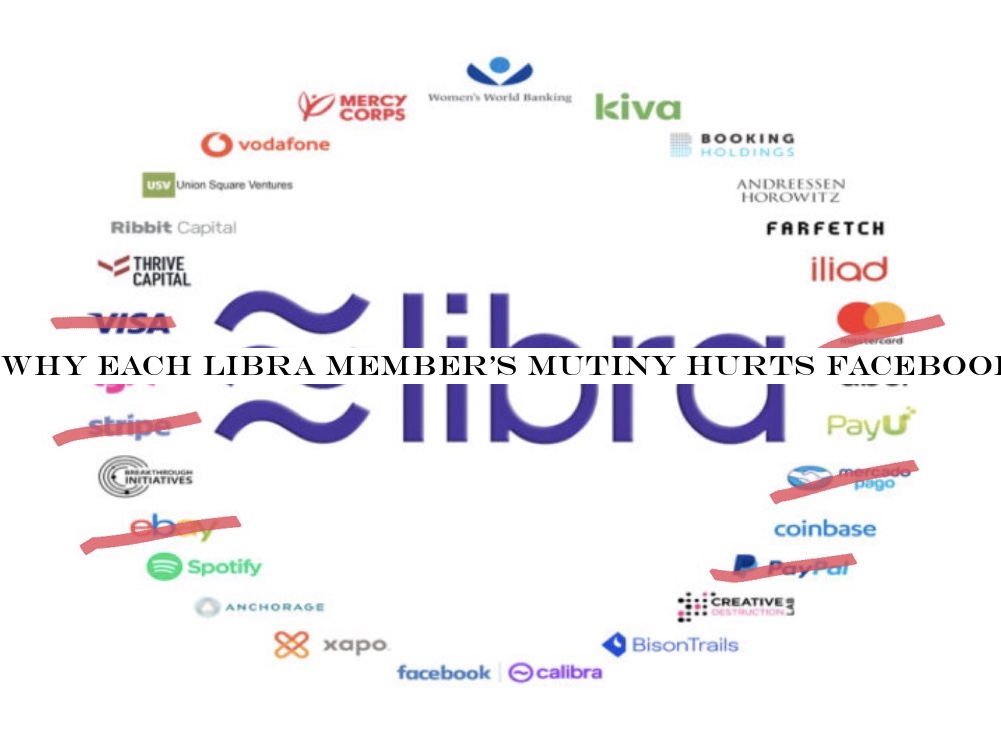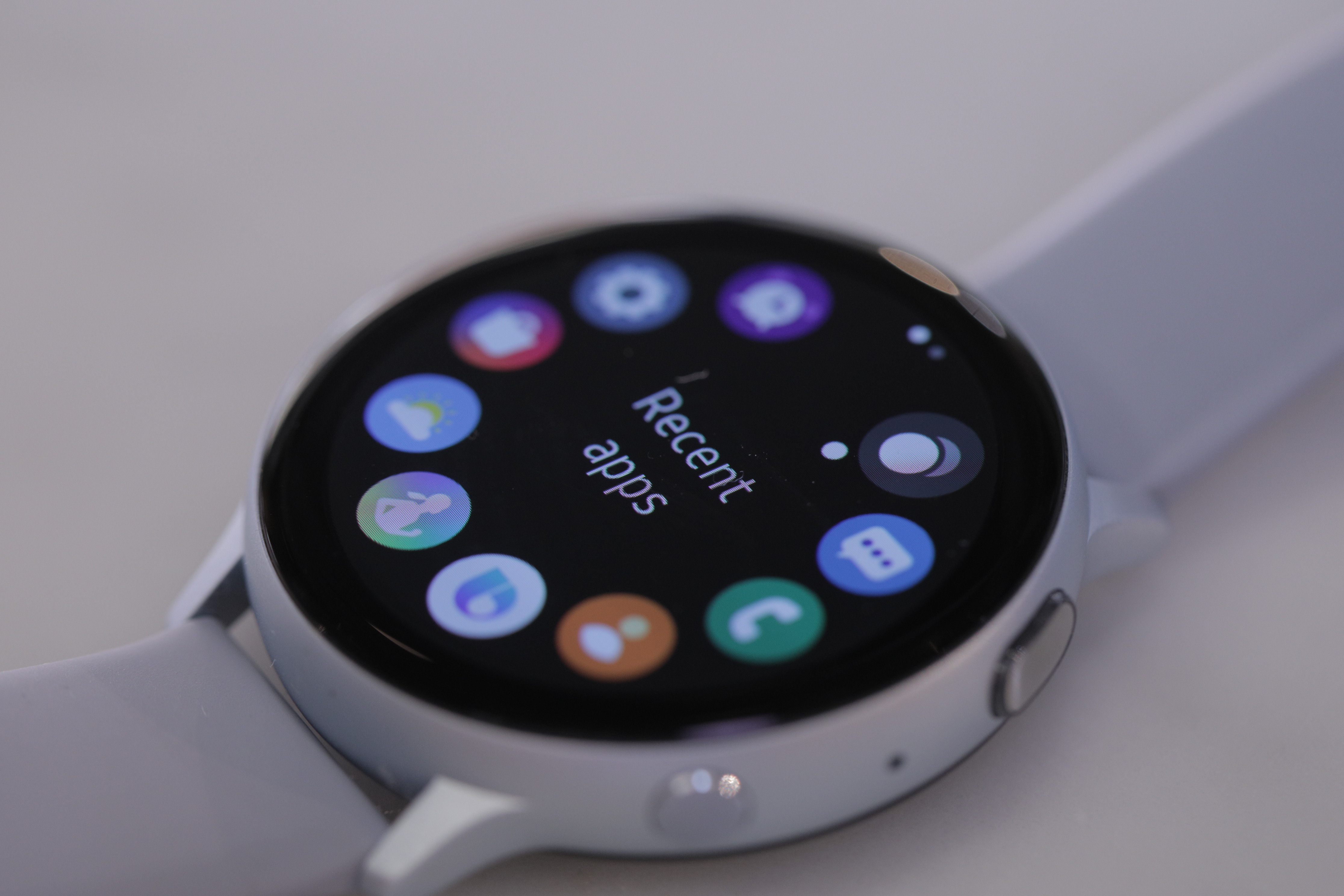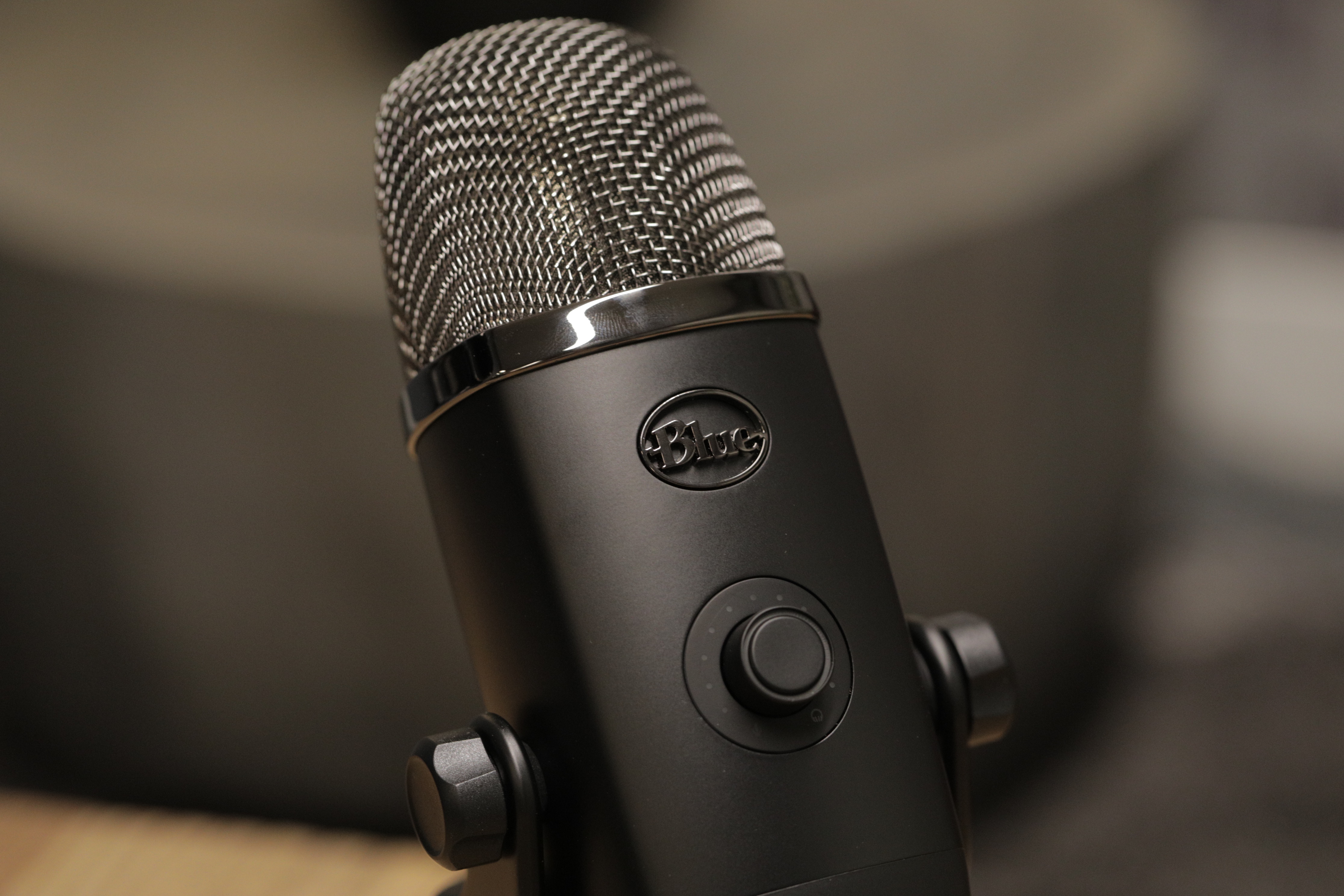Music
Trailers
DailyVideos
India
Pakistan
Afghanistan
Bangladesh
Srilanka
Nepal
Thailand
StockMarket
Business
Technology
Startup
Trending Videos
Coupons
Football
Search
Download App in Playstore
Download App
Best Collections
Technology
Therea strategic cost to the defection of Visa, Stripe, eBay, and more from the Facebook -led cryptocurrency Libra Association . They&re not just names dropping off a list. Each potentially made Libra more useful, ubiquitous, or reputable. Now they could become obstacles to the tokenlaunch or growth.
Fearing regulators& inquiries not just into their Libra involvement but the rest of their businesses, these companies are pulling out at least for now. None had made precise commitments to integrating Libra into their products, and they&ve said they could still get involved later. But their exit clouds the projectfuture and leaves Facebook to absorb more of the blowback.

Herewhat each of the departing Libra Association members brought to the table and how they could spawn new challenges for the cryptocurrency:
Visa
With one of most widely-accepted payment methods, Visa could have helped make Libra universally spendable. Italso one of the most prestigious names in finance, lending deep credibility to the project. Visadeparture leaves Libra looking more like tech companies barging into payments, conjuring fears of their move fast, break things approach that could cause financial ruin if Libra runs into problems. It also could leave Libra with a much weaker presence in brick-and-mortar shops. No one will want to own a cryptocurrency that doesn&t appreciate in value and can&t be easily spent.

MasterCard
The involvement of MasterCard alongside Visa made Libra look like the incumbents adapting to modern technologies. This made it less threatening, and gave cryptocurrency an air of inevitability. MasterCard would have also brought an even wider network of locations where Libra could one day be used for payment. Now MasterCard and Visa might actively work against Libra to prevent their payment methods being made obsolete by Libra and its elimination of transaction fees through the blockchain. Two of Libras biggest allies could become its biggest foes.
PayPal
Facebook has repeatedly told regulators that its Calibra app plus integrations into Messenger and WhatsApp would not be the only Libra wallets, pointing to PayPal . Facebookhead of Libra David Marcus told Congress when asked about the social networkoutsized power to exploit Libra through its own Calibra wallet that &you have companies like PayPal and others that will, of course, collaborate, but [also] compete with us&. Now Facebook won&t have a scaled payment method it doesn&t own to point to as a likely alternative for people who don&t want to trust FacebookCalibra, Messenger, or WhatsApp to be their Libra wallet. The Libra Association also loses PayPalenormous network of online merchants that accept it, plus the inroad to integration into its peer-to-peer payback app Venmo. PayPal convinced the mainstream public to trust online payments — the exact kind of trust Facebook desperately needs. The fact that Marcus was also the former president of PayPal but couldn&t keep it in the association raises concerns about the groupcoalition-building prowess.
Stripe
Stripe enormous popularity with ecommerce vendors made it a valuable Libra Association member. Together with PayPal, Stripe facilitates a huge portion of online transactions outside of China. Its ease of integration made it a top pick for developers Facebook surely hoped would build atop Libra. Stripeexit destroys a critical bridge to the fintech startup ecosystem that could have helped institutionalize Libra. Now the association will have to work on engineering payment widgets from scratch without Stripeassistance, which could slow adoption if it ever launches.
Therea clear reason all these payment processors bailed. Senators Brian Schatz (D-HI) and Sherrod Brown (D-OH) wrote a letter to Visa, MasterCard, and StripeCEOs this week explaining that&If you take this on, you can expect a high level of scrutiny from regulators not only on Libra-related activities, but on all payment activities.&

eBay
As one of the longest standing ecommerce companies, eBay bolstered beliefs that Libra could be used to power transactions between untrusted strangers without a costly middleman. It might have also put Libra into practice on one of the top western online marketplaces outside of Amazon. Without destinations like eBay onboard, average netizens will have fewer opportunities to be exposed to Librapotential to eliminate transaction fees.
Mercado Pago
One of the lesser-known Libra Association members, Mercado Pago helps merchants receive payments via email or in installments. The idea of connecting financially underserved populations has been core to Facebookpitch for why Libra should exist. The Libra Association has been light on the details of how exactly it serves this demographic, relying on the inclusion of partners like Mercado Pago to help it figure this out later. Mercado Pagodeparture leaves Libra looking more like a financial power grab rather than a tool to assist the disadvantaged.
WhoLeft?
On Monday, the remaining Libra Association members will meet to finalize the initial member list, elect a board, and create a charter to govern the project. This forced the hands of the companies above, who had their last chance to depart this week before being pulled deeper into Libra.

UNITED STATES & JULY 16: David Marcus, head of FacebookCalibra digital wallet service, prepares to testify during the Senate Banking, Housing and Urban Affairs Committee hearing on &Examining FacebookProposed Digital Currency and Data Privacy Considerations& on Tuesday, July 16, 2019. (Photo By Bill Clark/CQ Roll Call)
Wholeft includes venture capital firms, ride sharing companies, non-profits, and cryptocurrency companies. They are less tied up with the status quo of payment processing, and therefore had less to lose. The blockchain-specific companies were likely hoping to piggyback on financial giants like Visa to get Libra approved and create more legitimacy for their industry as a whole.
These partners could help fund an ecosystem of Libra developers, create daily use cases, spread the system in the developing world, and push for alliances between Libra and cryptocurrency players. Facebook will need to fight to keep them aboard if it wants to avoid Libra looking like a unilateral disruption of the economy.
For Libra to actually launch, Facebook needs to make serious concessions and divert from its initial vision. Otherwise if it continues to butt heads with regulators, more members could flee. One option floated by Libra Association member Andreessen Horowitza16z Crypto partner Chris Dixon was for Libra to be denominated in US dollars instead of a basket of international currencies. That might lessen fears that Libra intends to compete directly with the dollar.
Itbecome apparent that Facebook will not get its ideal cryptocurrency out the door. This is the brand tax of 100 scandals coming back to bite it. Now the best it can hope for is to get even a watered-down version launched, prove it can actually help the underbanked, and then hope to convince regulators itwell-intentioned.
- Details
- Category: Technology
Read more: Why each Libra member’s mutiny hurts Facebook
Write comment (90 Comments)The Pixel 4 is set to be unveiled at an event on Tuesday. This much we know for sure. We know a bunch more, too, (as outlined in this rumor roundup from yesterday), thanks to both official reveals and unofficial leaks. How much of this was planned is hard to say, but Google seemingly doesn&t mind building up the hype cycle.
Earlier today, Best Buy Canada made what may well be the most egregious reveal today (granted, there are three more days left to leak). The big box store posted up a preorder page for the upcoming smartphone. As expected, the listing was taken down, but not before 9to5Google managed to snap some screen shots.
From the looks of things, the rumors are pretty spot on. The device will come in both standard and XL versions, at 5.7 and 6.3 inches, respectively. Both models sport a Snapdradon 855, 6GB of RAM and 64GB of storage, along with a new Face Unlock feature. There are dual camera on each, per the listing — 12 and 16 megapixels — in the iPhone 11-esque square configuration.
![]()
Therea single front-facing 8 megapixel camera on each, and a 2,800 and 3,700mAh battery on the Pixel 4 and Pixel 4 XL. Other highlights including the expected addition of &Quick Gestures,& which use use a wave of the hand to interact with the device — similar to features we&ve seen on other handsets before.
Conspicuously missing from the preorder, however, is the expected &Oh So Orange& color. Could be a preorder thing or maybe Best Buy Canadian customers will have to settle for Just Black and Clearly White. Maybe the company is saving some surprises for Tuesdayevent. Maybe.

- Details
- Category: Technology
Read more: Google’s Pixel 4 briefly went up for preorder on Best Buy Canada
Write comment (97 Comments)Samsung makes good, underrated smartwatches. Itjust been difficult to get much attention in a category so utterly dominated by a single player. Even still, the company has managed to hold onto the number two spot in global market share, according to recentish numbers. At 11.1 percent, ita little less than a third of what Applebeen able to generate.
The line has been a fairly stark contrast to Appleofferings. Samsungsmartwatch philosophy is in line with its mobile counterpart: offer variety and don&t be afraid to try new things. Compare that to the Apple Watchannual improvements. The company offers one, key product, opting to make a little bit better, piece by piece.
Announced at the Unpacked event that gave us the S10 back in February, the Galaxy Watch Active presented a streamlining of the line. And simplified —and, most notably, cheaper — take on the Tizen-powered wearable line. Honestly, that $200 price point was really the key, putting the device in line with Fitbitrelatively recent foray into the category.

A mere six months later, it returned with the Galaxy Watch Active 2. The device brings a smattering of upgrades, including improved heart rate monitoring (with the ECG sensor currently still in beta) and the addition of both an LTE model and a larger 44mm version. Thankfully, it maintains a streamlined design thata welcome alternative to some of Samsungbigger, bulkier offerings.
Oddly, the company has opted to move away from the rotating mechanical bezel with the Active line, which has long been Samsungkey differentiator in the category — perhaps in the spirit of maintaining that kind of minimalism, The rotating mechanical bezel is, simply put, the best way I&ve come across for interfacing with smartwatches, including Applecrown.
The Active 2 attempts to adapt the feature into a digital version with haptic feedback. Essentially you swipe around the outer edge f the device and haptics simulate the clicking of the wheel. It works better than I&d initially anticipated, but the lack of the original feature is still pretty glaring. Herehoping the company rethinks the omission for future versions.

As with the latest Apple Watch, therean always on screen option, though itgoing to take its toll on battery life. With the feature off, however, I was able to get more than two days life on a single charge, which isn&t too shabby. Thatbetter than Apple, though both companies are still well behind what Fitbitable to get out of a device.
Honestly, in 2019, all smartphone makers should be pushing for ways to get more life on a charge — especially those offering some form of sleep tracking. Now that other features like ECG have begun to become ubiquitous, this ought to be the next big push for the industry at large.
My Style is a fun, but ultimately unnecessary trick, wherein the app lets you tailor the color of a watch face using a smartphone photo of what you&re wearing. The app selection is still pretty limited, compared to Appleoffering, though some key features like Spotify are here. That now includes offline playlists. Other key apps like YouTube have been improved as well.

Ithard to imagine the company catching up to an Apple on the third-party app side, but Samsunglong had one key advantage over the Apple Watch: Android compatibility. And with GoogleWear OS being fairly consistently underwhelming, Samsunggot some real opportunity to capture even more marketshare.
It would be nice if the Active Watch 2 was a bit more aggressively priced. Appledecision to keep older units around means you can pick up, say the Series 3 for $200. Therealso the $200 Fitbit Versa 2. Some may find the $280 price point worth it for the (forthcoming) addition of things like ECG, but for most consumers, the $200 original Watch Active continues to be the better deal.
- Details
- Category: Technology
Read more: Samsung’s Galaxy Watch Active 2 is a solid smartwatch for Android users
Write comment (100 Comments)
This week Californiaattorney general, Xavier Becerra, published draft guidance for enforcing the statelandmark privacy legislation.
The draft text of the regulations under the California Consumer Privacy Act (CCPA) will undergo a public consultation period, including a number of public hearings, with submissions open until December 6 this year.
The CCPA itself will take effect in the state on January 1, with a further six months& grace period before enforcement of the law begins.
&The proposed regulations are intended to operationalize the CCPA and provide practical guidance to consumers and businesses subject to the law,& writes the State of CaliforniaDepartment of Justice in a press release announcing the draft text. &The regulations would address some of the open issues raised by the CCPA and would be subject to enforcement by the Department of Justice with remedies provided under the law.&
Translation: Herethe extra detail we think is needed to make the law work.
The CCPA was signed into law in June 2018 — enshrining protections for a sub-set of US citizens against their data being collected and sold without their knowledge.
The law requires businesses over a certain user and/or revenue threshold to disclose what personal data they collect; the purposes they intend to use the data for; and any third parties it will be shared with; as well as requiring that they provide a discrimination-free opt-out to personal data being sold or shared.
Businesses must also comply with consumer requests for their data to be deleted.
- Details
- Category: Technology
Read more: California’s Privacy Act: What you need to know now
Write comment (100 Comments)Itclear why Logitech bought Blue back in July 2018. The Southern Californian audio company (an acronym for &Baltic Latvian Universal Electronics,& incidentally) has become synonymous with USB microphones since releasing the first Snowball back in 2005.
What seemed like a niche at the time has since become a cultural touchstone, positioning the company well to be embraced first by podcasters and then Twitch streamers. BlueUSB mics aren&t the highest quality one can purchase for these purposes, but the plug and play functionality felt fairly revolutionary when it first hit the scene.
The company recently issued a long overdue update to its best-selling Yeti. The Yeti X is, for most intents and purposes a pretty subtle update. I&ve been using it a bit here and there for a couple of week now. I recorded the outro to the latest episode of my podcast on the thing and lent it to Anthony for a couple of episodes of Original Content.

Aside from from the spiffy black paint job, the biggest aesthetic change is the addition of a real-time LED meter thathoused around the illuminating volume nob. Ita small touch, but an important one for live streamers. This matter of monitoring is largely missing or a pain to access in many streaming apps, so therea lot to be said for being able to your levels on the fly, adjusting things back down if you peak into the red.
The sound has been improved, from three to four-capsule condensers. Yetisound was already solid for the world of USB microphones, and itnice to see the company continue to up its game there. Some of its recent mics like the Yeti Nano have honestly felt like a step backward. The X sounds crisp, and I fully plan to use it for an upcoming remote podcasting project I have in the pipeline.
https://techcrunch.com/wp-content/uploads/2019/10/yeti-snippet-1.wav
Likely I&ll look into some sort of pop filter as well — those Ps can sound pretty harsh.
It still can&t replace a good quality studio microphone, but thatnever really been the point. If you have the means and desire to create real a home podcasting studio, you&re probably looking elsewhere for your mic needs. The Yeti exists for a large and broadening category of home broadcasters — part-time Twitch streamers and podcast hobbyist will find a lot to like here.

Blue has its own software for tweaking setting, but the key is honestly the ability to essentially use it straight out of the box. Per the instructions, however, make sure to point the top of the mic straight up, rather than toward your face as you might otherwise logically do.the standard four settings on the back: stereo, cardioid, omnidirectional and bidirectional. For most podcast style applications, you&re going to want to go with the second. The oddest oversight here is the decision to stick with microUSB over the USB-C. Shipping with a dual sided USB-C cable would go a ways toward future proofing the product.
At $169, the Yeti X is positioned pretty reasonable for beginnings and is certainly a better long term investment than the $70 Snowball.
- Details
- Category: Technology
Read more: The Yeti X brings real-time level monitoring to the popular USB mic
Write comment (100 Comments)Hello and welcome back to Startups Weekly, a weekend newsletter that dives into the weeknoteworthy news pertaining to startups and venture capital. Before I jump into todaytopic, letcatch up a bit. I&ve been on a bit of a startup profile kick as of late. Last week, I was tired from Disrupt. Before that, I wrote about up and coming telemedicine company Alpha Medical.
Remember, you can send me tips, suggestions and feedback to This email address is being protected from spambots. You need JavaScript enabled to view it. or on Twitter@KateClarkTweets. If you don&t subscribe to Startups Weekly yet, you can do thathere.
Startup Spotlight
Y Combinatorlatest batch concluded two months ago, which means my inbox is beginning to fill with pitches from companies ready to talk about the first rounds of fundraising. We&ve profiled many of the companies already, like Tandem, Narrator, SannTek Labs and more to come.
This week, I have some notes on Revel, a recent grad from the hot accelerator network that plans to create a nationwide subscription-based network tailored to women over the age of 50. The startupfounders, Harvard Business School graduates Lisa Marrone and Alexa Wahr, say there are no good existing options in the market to help women in this demographic foster new relationships.

&I think a lot of the things that exist are nonprofits that are a little antiquated now,& Marrone tells TechCrunch. &I think we saw that those are really serving the need of our members& parents& generation, but they haven&t really adapted as much to the modern age.&
Women 50 years and older can become a member of Revel. For now, the service is free, though the company plans to charge a $100 annual fee in the coming months. Currently, Revelcommunity includes 500 women. With a $2.5 million funding led by Forerunner Ventures& Kirsten Green, the small team plans to expand within the Bay Area. They said they won&t begin establishing Revel outside the region until they raise a Series A.
Ithard to imagine women will stay committed to paying an annual Revel membership, considering the real value comes from the companyability to facilitate introductions to like-minded women. Once those introductions have been made, women can discontinue their membership and develop relationships outside the service. Forerunner Ventures, however, is known for backing successful and prominent brands, like Glossier, Warby Parker and Outdoor Voices. My guess is Revel has ambitions to become the brand representing women over 50 seeking meaningful connections.
&We want to take this wide in a short number of years because we feel there is a need and opportunity to build this strong community for women of this age; venture capital in that sense was rocket fuel,& adds Marrone.
VC rounds
- Lilium seeks $500M, says sources
- Indian e-commerce company Club Factory nabs $100M
- Grammarly gets $90M at more than $1B valuation
- Clari snags $60M on $500M valuation
- Electric moped business Revel gets $27.6M
- Parsley Health secures $26M Series B
- Lattice valued at $200M with new funds from Tiger Global
- Polte raises $12.5M to track devices using LTE signal
M-A
- Uber plans to buy a majority stake in a Latin American grocery delivery business called Cornershop. The Chilean startup was founded in 2015 by Oskar Hjertonsson, Daniel Undurraga and Juan Pablo Cuevas. It will continue to operate under that leadership in its current form for now, says Uber.
- To beat Amazon Go, Standard Cognition is buying DeepMagic, a pioneer in autonomous retail kiosks. &The $86 million-fundedStandard Cognition is racing to equip storefronts with an independent alternative using cameras to track what customers grab and charge them. But Amazonearly start in the space poses a risk that it could patent troll the startup,& writes TechCrunchJosh Constine.
Extra Crunch
Extra Crunch subscribers have a lot to chew on this week. Reminder, if you haven&t yet signed up for our premium content service, you still can here.
This week, I wrote about the importance of having a culture expert on staff at a venture capital firm. Increasingly, startups are being judged for their cultures, diversity of staff and more. VCs, for the most part, are unprepared to help their companies foster more inclusive environments, and thata problem. One firm, True Ventures, has taken a big step toward holding their companies accountable for culture and giving them real resources to help them improve things early. I talked to True Ventures& Madeline Kolbe Saltzman about her new title, VP of Culture.
Equity
I took a break from Equity this week, but my co-host Alex Wilhelm was in studio with IPO expert James Clark. Listen to the excellent conversation here.
Equity drops every Friday at 6:00 am PT, so subscribe to us onApple Podcasts, Overcast, Spotifyand all the casts.
- Details
- Category: Technology
Read more: Startups Weekly: YC grad Revel’s plan to connect women over 50
Write comment (93 Comments)Page 655 of 5614

 12
12





